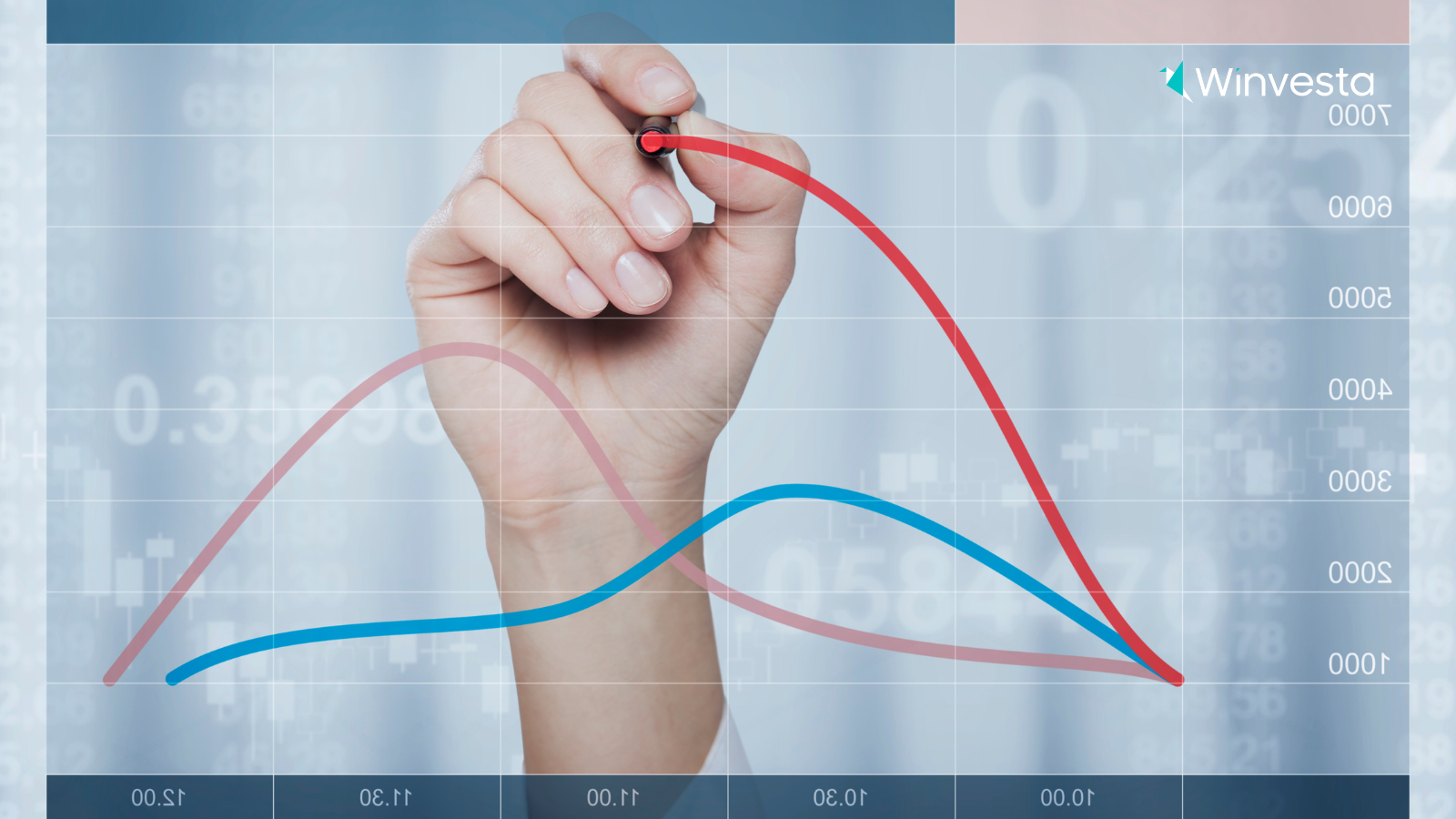Contents
Wall Street breathes easy as Middle East tensions cool
2 minutes read
24 June 2025

The mood on Wall Street shifted almost overnight. Just days ago, investors braced for the worst as missiles flew between Israel and Iran. Oil prices spiked, and traders feared a wider conflict would rattle markets for weeks. But by Monday, a wave of cautious optimism swept through the US stock market, turning anxiety into relief.
Hope returns as conflict containment boosts stocks
The opening bell rang to a different tune. The Dow Jones leapt by over 300 points, the S&P 500 climbed nearly 1%, and the Nasdaq outpaced them both, surging 1.5%. The catalyst? Signs that the Middle East conflict, while still dangerous, might remain contained for now. Oil prices, which had soared on Friday, retreated sharply—removing a key source of inflation worry and calming nerves across trading floors.
Chris Larkin, Managing Director at E*Trade from Morgan Stanley, summed up the mood: “Markets got a reminder that tariffs aren’t the only potential source of market volatility. Right now, markets are signalling they expect the situation in the Middle East will remain contained, but any surprises could have an oversized impact on sentiment.”
The relief was palpable. Investors, who had spent the weekend glued to news of Israeli airstrikes and Iranian missile barrages, saw hope in diplomatic signals. Tehran, according to multiple reports, is now open to restarting nuclear talks—provided the US stays out of direct military engagement. President Trump, when pressed about further US involvement, simply said he didn’t want to discuss it, adding to the sense that escalation might be avoided.
Oil prices tumble, inflation fears ease.png?width=1600&height=900&name=Us%20stocks%20(95).png)
For traders, the plunge in oil prices was just as significant as the market rally. West Texas Intermediate crude, which had briefly spiked above $78, settled below $72 a barrel by the end of the session. The drop reflected not only hopes for peace, but also the market’s bet that energy supplies wouldn’t face major disruption.
Tom Essaye, founder of The Sevens Report, noted: “Focus will remain on geopolitical headlines, but as long as the conflict stays limited between Israel and Iran, it’s unlikely to materially impact the markets.”
This sentiment echoed across trading desks. The sharp reversal in oil removed a major overhang for equities, especially as investors remain wary of inflation’s impact on corporate profits. The S&P 500, which had been knocked off its highs by the initial outbreak of hostilities, found new momentum as energy costs eased and risk appetite returned.
Veteran analyst Tom Lee, who correctly predicted the market’s rebound in April, pointed out that while the ride has been wild, the fundamentals remain resilient. “Stocks don’t go up in a straight line,” Lee said, “but markets are looking past short-term shocks and focusing on long-term growth.”
Wall Street’s attention now turns to Federal Reserve Chair Jerome Powell’s upcoming testimony. But for now, the story is one of relief—a reminder that even in turbulent times, markets can find their footing when fear gives way to hope.
Disclaimer: The views and recommendations made above are those of individual analysts or brokerage companies, and not of Winvesta. We advise investors to check with certified experts before making any investment decisions.

Ready to own a piece of the world’s biggest brands?
- Invest in 4,000+ US stocks & ETFs
- Fractional investing
- Zero account opening fees
- Secure and seamless
Start investing in just 2 minutes!

Build your global portfolio.
.png)
Invest in companies you love, like Apple and Tesla.

Track, manage, and grow your investments.



